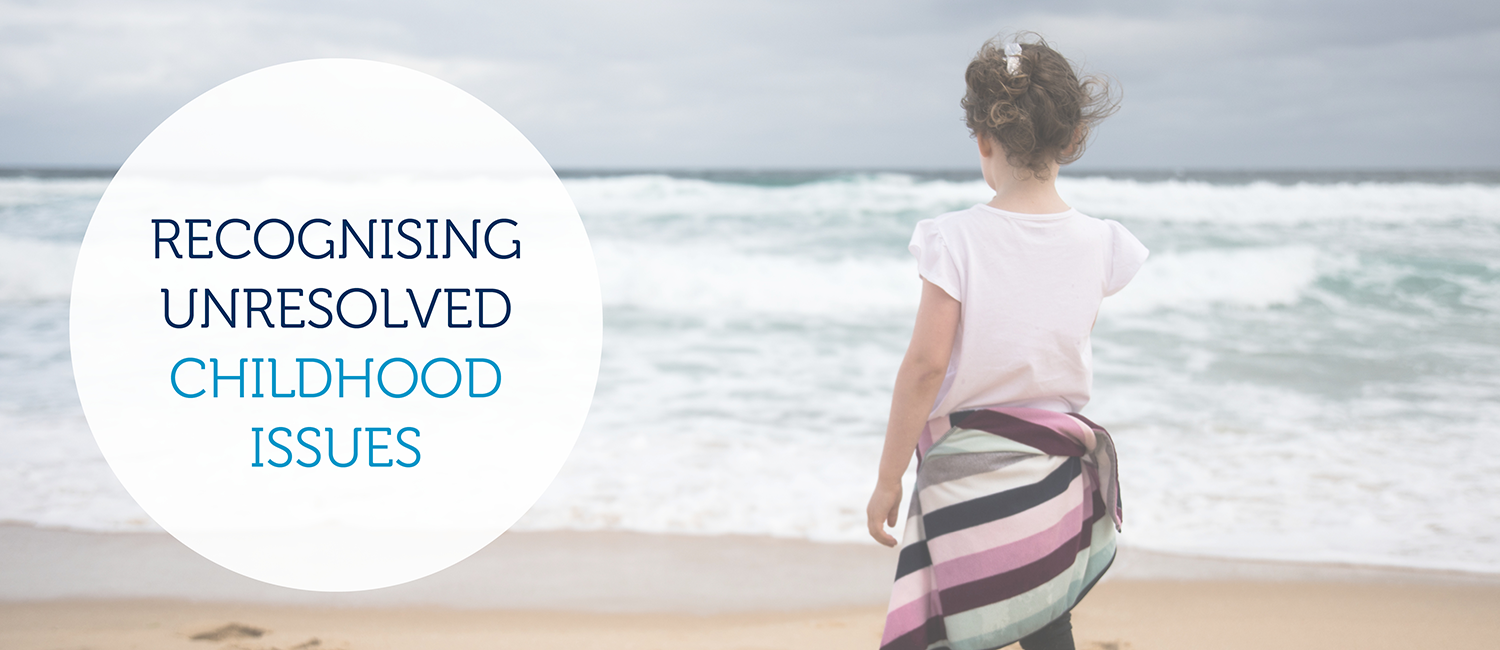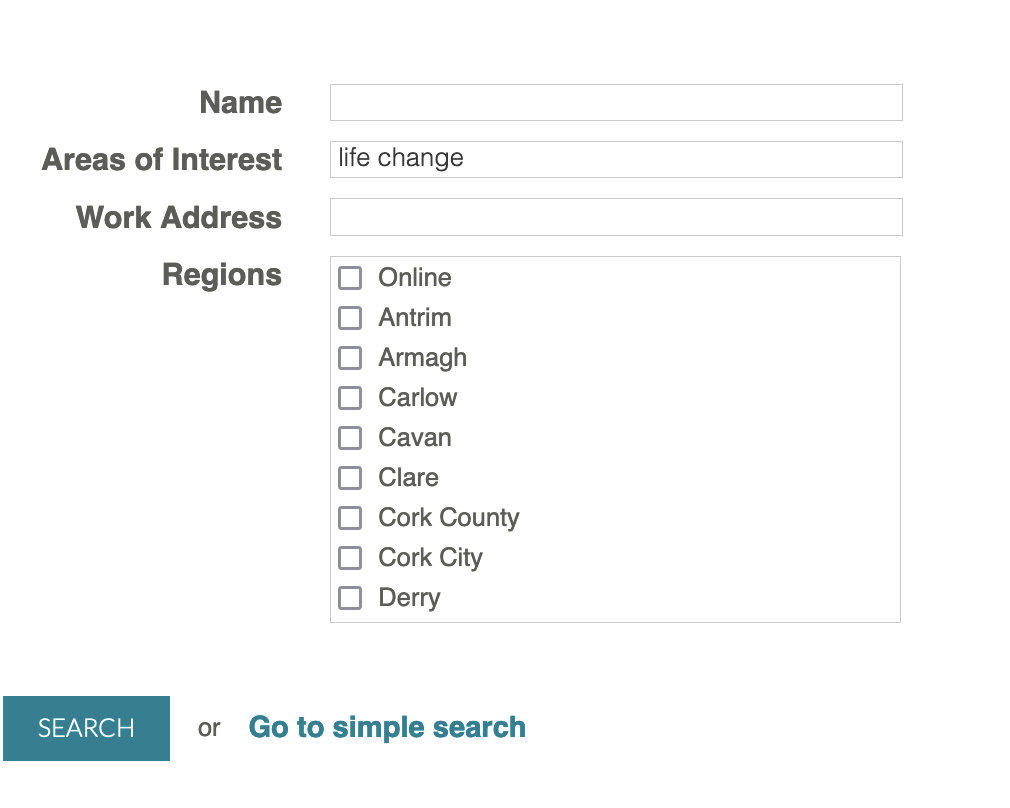
The experiences we have as children and the relationships we have in our family of origin during this time will have a fundamental effect on our lives going forward. The actions, or inactions whether intended or not, all affect us and can sometimes have a negative impact in the longer term if left unresolved. Mental health difficulties, substance abuse and/or other poor coping skills can develop as a result of these historical experiences.
Some behaviours or traits can be traced back to childhood issues, the most common being:
Relationship Difficulties
We learn ‘how to love’ in our early years with every family having a unique attachment style. For some, distant relationships are the norm while for others a closer, more enmeshed style of loving is experienced. More complex attachment styles can also be experienced due to numerous factors including socio-economic circumstances, parental health, family beliefs, death of a parent and/or sibling, and many other variables.
In adult life we feel comfortable with the familiar and when we enter adult relationships we can struggle with our partner’s attachment style which often differs from our own. This can feel like we’re not truly loved and understood.
Some people can consciously or subconsciously avoid close relationships in an effort to feel safe. Conversely, some people cannot bear to be single and will move from relationship to relationship in an effort to find love and a sense of security.
In some cases, unhealthy dynamics from childhood experiences can play out at an unconscious level in our adult relationships. We often find ourselves repeating the same behaviours and mistakes over and over again.
Perfectionism
People can set extremely high standards for themselves, often causing them stress or difficulty. Unfortunately. this can result in feelings of failure and lead to catastrophic thinking when things don’t work out perfectly, and life as we know, seldom does. This pattern may trace back to their early parental relationships perhaps from attempts to gain recognition and attention by doing things particularly well, and sometimes in an attempt to avoid negative feedback and criticism.
Substance Abuse & Eating Disorders
A person might try to run from difficult past experiences by numbing themselves with substances, alcohol or food. These can sometimes be used to alleviate negative feelings and emotions but this is a temporary fix until the source issues are addressed.
Other people may look at strictly controlling their diet as a means of exerting control following painful experiences in their youth when perhaps they had no control over what was happening. These coping mechanisms continue to operate automatically unless consciously addressed and healthier options for coping are developed.
If you can relate to any of these issues, it’s important to know that you don’t have to live with them for the rest of your life. By working with a professional psychotherapist, you can work through your childhood experiences and impacts they have had.
A Range Of Experts Available To You
IAHIP Psychotherapists are trained to help people deal with Unresolved Childhood Issues. You can search the IAHIP Psychotherapist Directory for this particular issue.
On the Directory page, simply type ‘Childhood’ into the ‘Areas of Interest’ Box:

Additional Resources
For more information on Unresolved Childhood Issues, you can access articles from our professional journal - Inside Out. Go to the top left of this website page and enter ‘Unresolved Childhood Issues’ into the search box.

